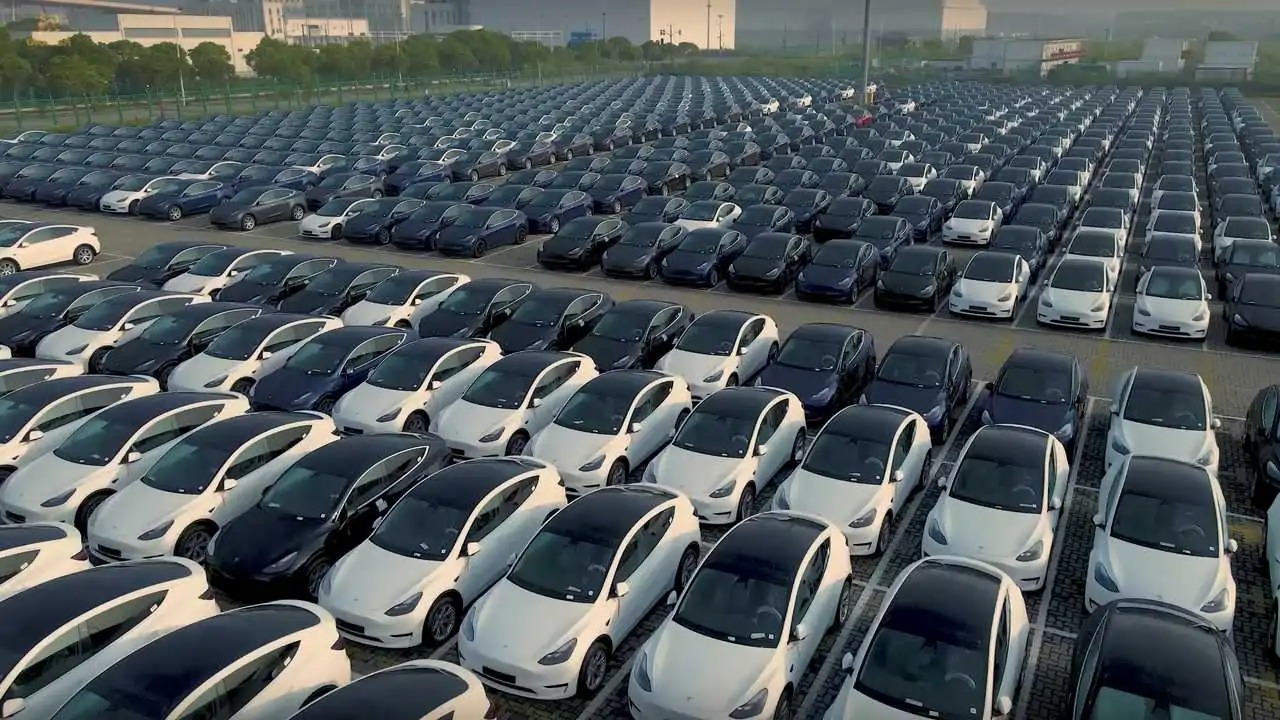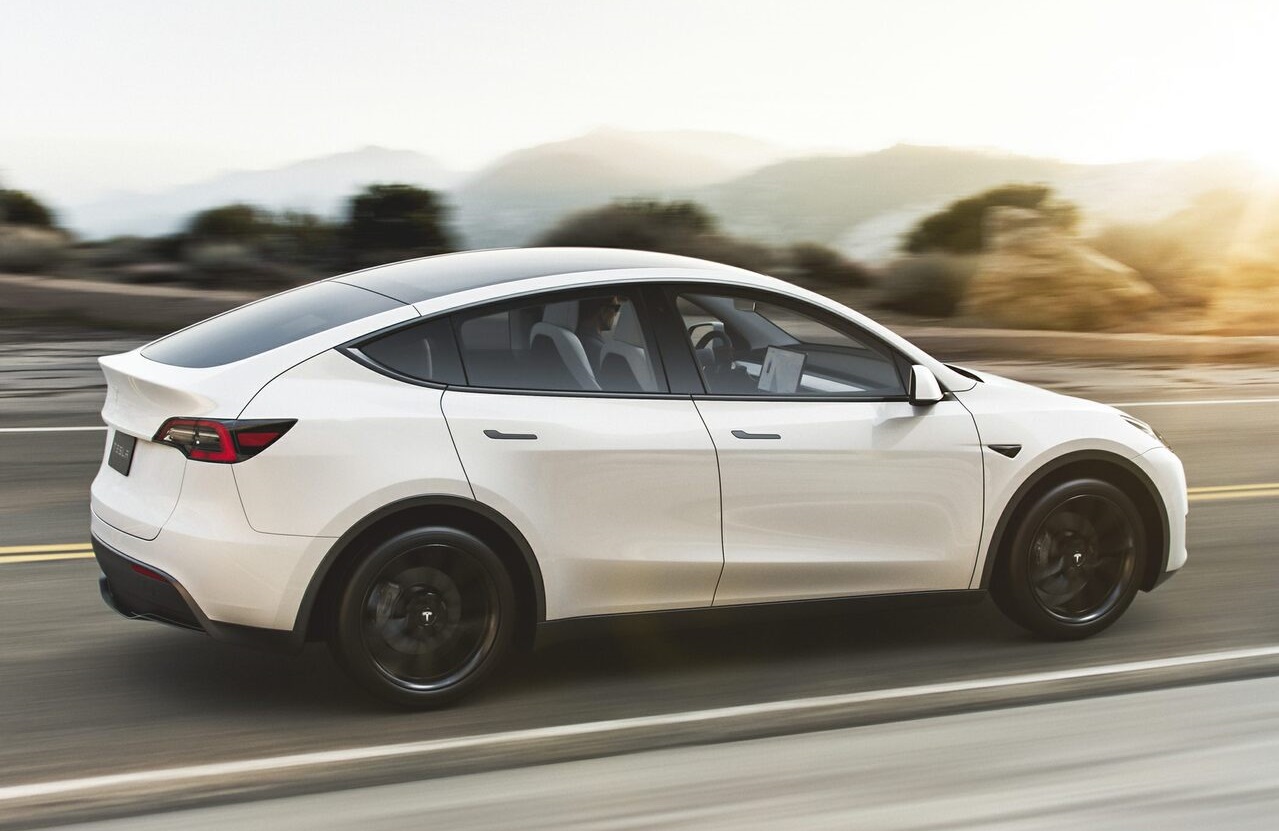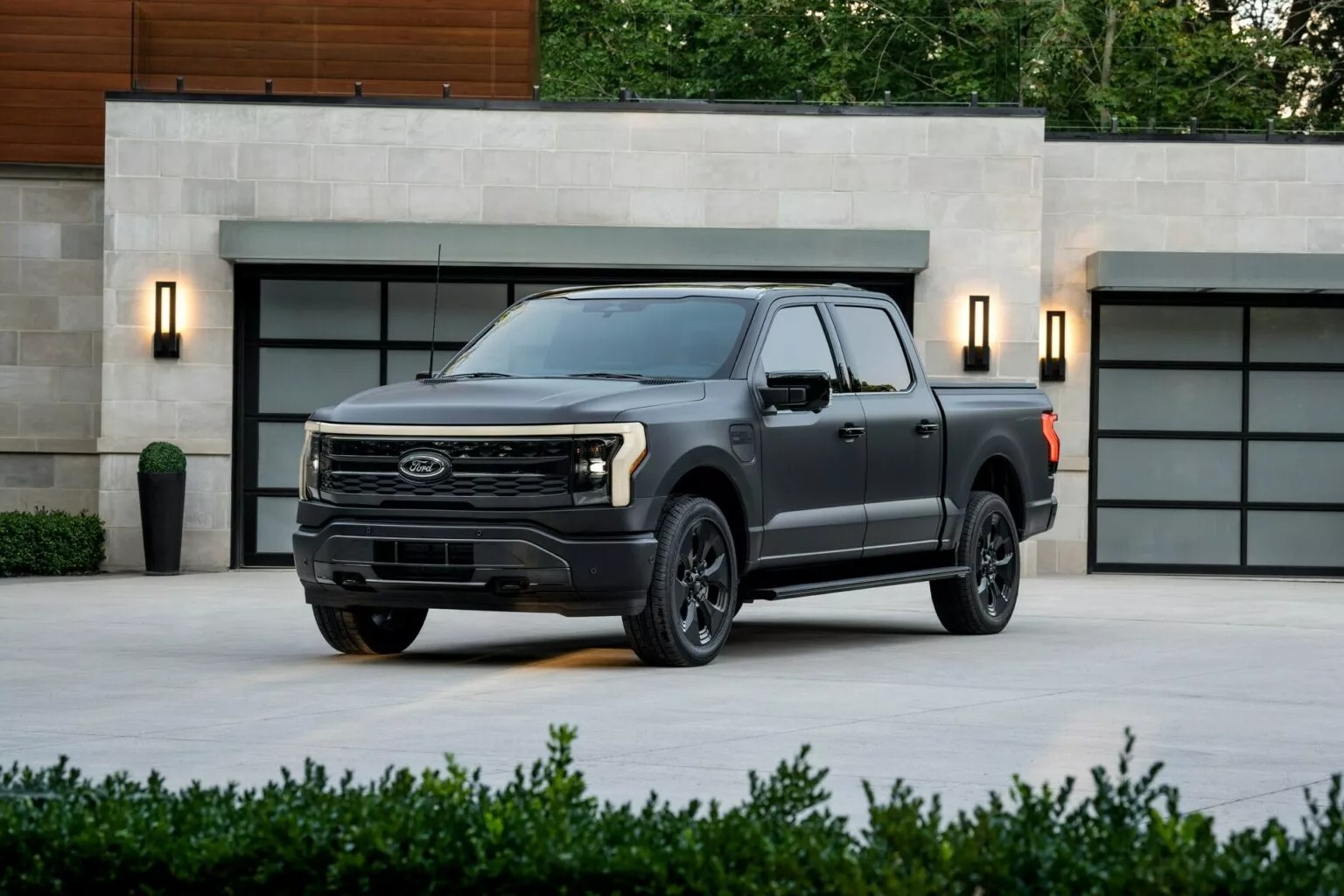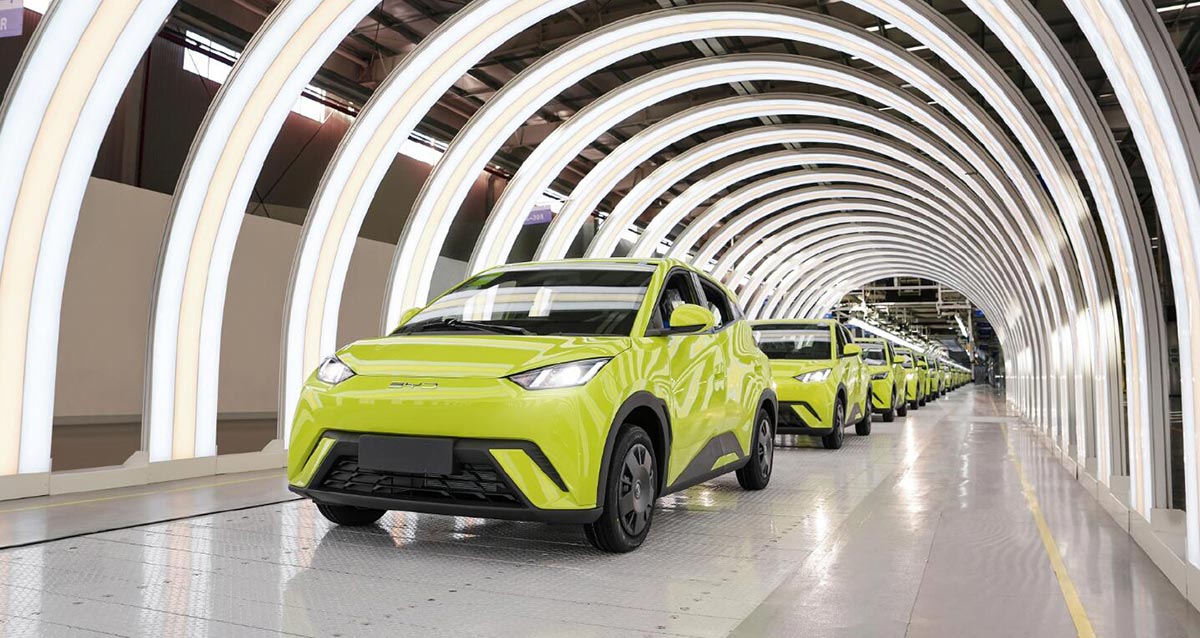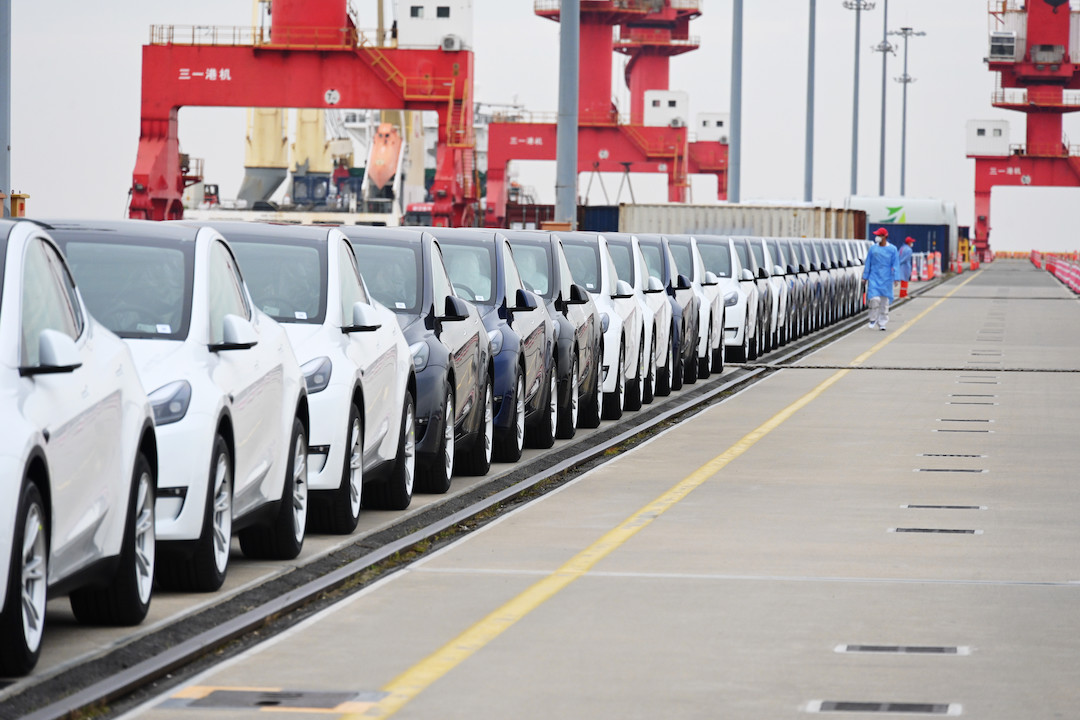Americans are set to purchase over 1 million vehicles in a single year, marking a remarkable achievement for the automotive industry. Despite a slowdown in growth, 2023 stands out as a record-breaking year for electric vehicles (EVs) in the United States.
Recent sales data reveals a surge in EV adoption, with automakers delivering 136,000 new EVs in September alone, marking a substantial 67 percent increase from the previous year. Notably, Tesla played a pivotal role, contributing nearly 59,000 vehicles to this impressive figure. As a result, battery-powered vehicles now constitute over 11 percent of the nation’s automotive market share.
See also: Over 10 Million Plug-In Cars Surge into West European Market Between 2012 and October 2023
Forecasts from Atlas Public Policy indicate that between 1.3 and 1.4 million electric vehicles are expected to be sold by the year-end, setting the stage for EVs to capture a record-breaking 9 percent market share of new car sales in 2023.

A key driver behind this surge in EV sales is attributed to falling prices, with Tesla’s market leadership influencing other automakers to reduce their Manufacturer’s Suggested Retail Prices (MSRPs). While growth in the electric vehicle market is slowing and production is on the rise, resulting in a surplus of EVs at dealerships, this oversupply is translating into incentives for prospective buyers. However, it is noteworthy that, on average, electric vehicles still carry a price tag approximately $3,826 higher than their internal combustion counterparts.
Despite the positive momentum, pricing remains a significant hurdle to broader EV adoption, according to earlier research. The declining prices and various incentives, including tax credits, have made EVs more affordable. However, the substantial costs associated with developing new technology have led many automakers to position EVs as premium vehicles, limiting their accessibility to a broader consumer base.
Comparatively, the U.S. lags behind fervent EV markets like China, Germany, and Norway, where EVs and plug-in hybrids accounted for 33 percent, 35 percent, and an impressive 90 percent of sales in the first half of the year, respectively. Government incentives, coupled with emissions targets and the availability of more affordable electrified vehicles, are pivotal factors accelerating the adoption of electric vehicles in these markets.

